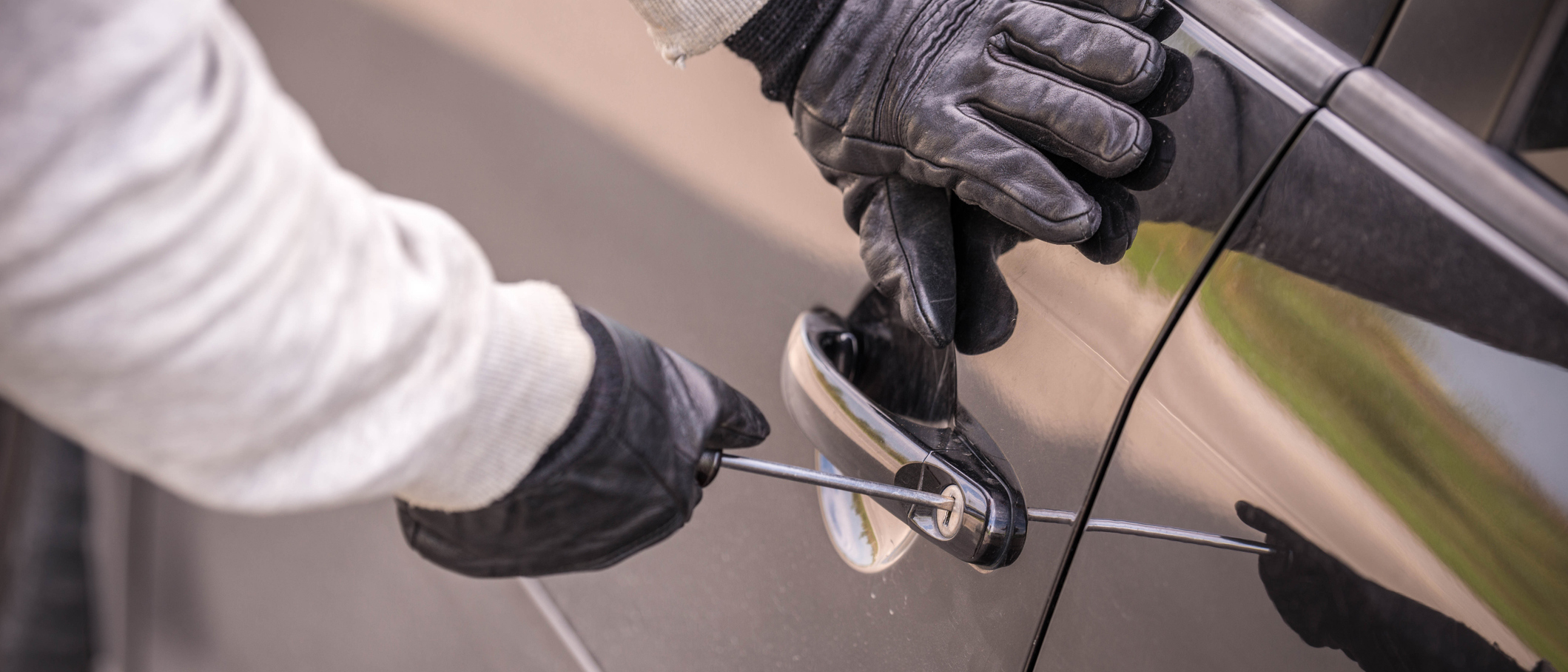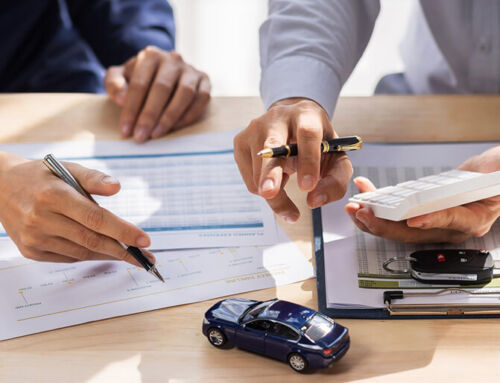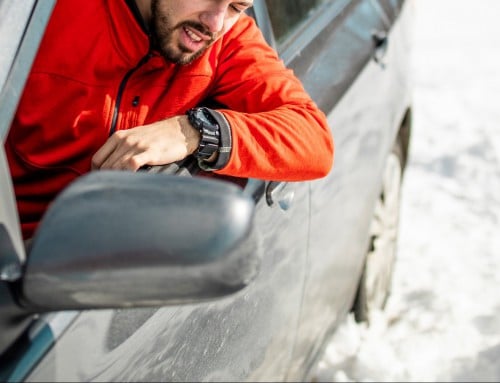As a key mode of transportation, no one wants their car to be stolen. Unfortunately, vehicle theft is still a prevalent issue. In fact, every year Équité Association releases a list of the top 10 stolen vehicles in Canada, highlighting which vehicles were targeted that year.
That’s why, whether you’re thinking about buying a new vehicle or keeping your current one, you may want to consider what steps you can take to prevent theft, and what you can do to ensure your vehicle is easily recovered should it be stolen. Below are some of our key tips for preventing vehicle theft.
Key vehicle theft prevention tips
- Don’t leave your vehicle unattended while it’s running.
- Don’t give thieves a reason to steal your vehicle by leaving valuables or spare change in your cup holder. If you must leave valuables in your vehicle, put them in the trunk or glove compartment where they are concealed.
- Don’t leave your keys in the ignition, or your car’s key fob behind in the car when parked.
- Don’t leave spare keys in the glovebox or another compartment. It might be convenient, but it’s not worth the inconvenience of having your vehicle stolen.
- Consider using a steering wheel lock. Time is a factor for thieves; if it’s going to take them a little longer to steal your vehicle, it may deter them.
- Park your vehicle in a garage.
- Park in well-lit places. If possible, try to park in a secured lot with an attendant or security cameras.
- Roll up the windows and make sure all doors are locked.
- Arm your vehicle with a security system or buy a vehicle with a security system.
- Make it harder for thieves to tow away your vehicle by using your emergency brake and turning your wheels to the side.
- Install outdoor security cameras if you park outside.
- Install an ignition kill switch if your vehicle doesn’t have a mandatory immobilizer.
- Use a brake lock.
- Check to see if your vehicle is one that is often targeted by thieves and if so, take extra steps to protect it.
Ways you can help with vehicle theft recovery
If your vehicle ever does get stolen, the recovery process may be made easier if you’ve taken some key preventative steps:
- Have your vehicle identification number (VIN) etched onto your windows. It will be more work for a thief to sell car parts and remove etchings.
- Use GPS technology to track your vehicle if it does get stolen.
- Leave a few business cards in your vehicle. It will help police identify who the vehicle belongs to or verify that you’re the owner.
What to do after a vehicle theft
- Report the theft to the police. The sooner you report the theft, the higher the odds of it being recovered. They’ll ask you for details like:• The year, make, colour, and model of your vehicle
• License number
• Vehicle identification number (VIN)
• Serial numbers of special equipment, if applicable
• Special markings, like previous damage, dents, and scratches - Take note of the police file number. When you make a claim, your insurer will ask for it.
- Report your claim.
- Arrange for alternative transportation.
- Wait for an adjuster to get in touch with you.
- Pay the deductible. Insurance may cover the remaining cost of repairs.
Ensure you’re protected
Whether you already own a vehicle or are thinking about purchasing one – taking proper precautions when it comes to your vehicle can help mitigate the likelihood of an unforeseen theft or break-in. To learn more risk management strategies visit our blog.
It’s also important to remember that company vehicles are also at risk of theft, and our vehicle theft prevention tips can also be applied to any commercial vehicles you or your employees use. That being said, even if you take all the necessary precautions, sometimes things can still go wrong. That’s why it’s vital that you also protect any commercial vehicles with the appropriate coverage. Without it, you may have to cover all the costs if you’re a victim of theft. To learn more, visit our commercial auto insurance page.
This blog is provided for information only and is not a substitute for professional advice. We make no representations or warranties regarding the accuracy or completeness of the information and will not be responsible for any loss arising out of reliance on the information.






